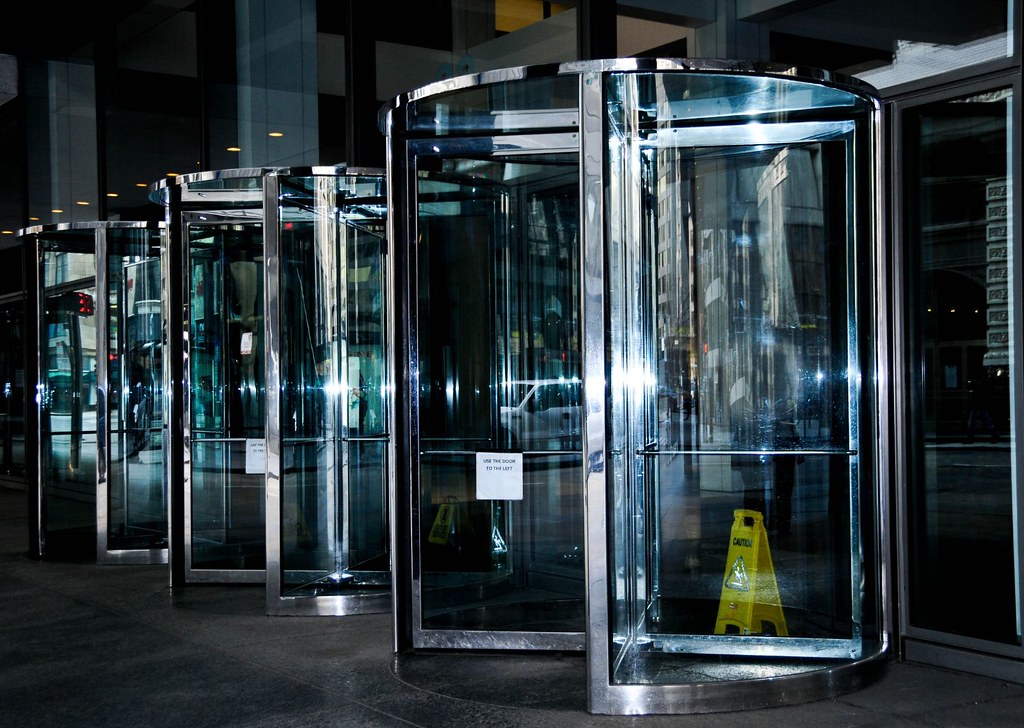Representatives of corporate interests often twist the spirit and intent behind calls for ethics in government. Under the guise of keeping lobbyists out of an administration, big business rails against even the suggestion that working people get a voice in the executive branch.
They do this by falsely conflating corporate lobbyists who contort laws and regulations to benefit their monied backers with the much smaller number of lobbyists who fight for the public interest. As our executive director Jeff Hauser said in 2020, “We don’t think lobbying is bad, we think corporate lobbying is bad.” Corporate defenders do not, or choose not to, understand the distinction.
While corporate lobbyists serve the highest bidder, public interest lobbyists receive much smaller paychecks working on behalf of causes they believe in. Few lobbyists representing migrants seeking citizenship (as our founder Jeff Hauser did) will be found on the opposite side of an issue years later. Public interest lobbyists work because they believe in the goals of the workers’ organizations and broad coalitions that fund them. They work to vindicate their view of a better world, whether they are employed by the AFL-CIO or the National Association of Evangelicals. Corporate lobbyists, on the other hand, work for a paycheck advancing the beliefs of whatever industry is willing to pay them. Thus, there is no contradiction when the former joins an administration to advance those same goals. As we said in 2020.
“Switching between working for a public interest organization and for the government doesn’t involve switching teams, it just involves switching offices. Your North Star remains the same — trying to vindicate your view of what is broadly right or wrong.”
Tellingly, corporate defenders suggest that the small number of union leaders and public advocates staffing Democratic administrations is “regulatory capture” by the spectre of “Big Labor.” They are curiously silent, however, on the myriad senior officials drawn from Big Oil, Big Tech, Big Law, Big Pharma, and Wall Street. These officials may not have been officially registered lobbyists, but they are an important source of corporate influence nonetheless. This is a fact that corporate America’s defenders surely understand.
As we made clear in GovExec in May, 2021:
“We don’t think ‘lobbying’ is worrisome as such. Indeed, we’re often most concerned with non-lobbyists, since it’s our view that much of the corporate influence game is conducted via institutions and individuals which never register as lobbyists. People who have been lobbying to vindicate their personal view of what is in the broader public interest do not have conflicts of interest when they enter public service regardless of whether their past employer was a union, the Catholic bishops, or the Cato Institute. The people we fear entering offices of public trust are people with mercenary instincts whose political actions are designed to maximize personal economic gain, rather than vindicating their view of what is best for society as a whole.”
Unfortunately, these so-called “shadow lobbyists” are immensely common in every presidential administration. They strategically avoid registering as lobbyists while doing the job in all but name. Profiteering former public officials routinely form one-man “strategic consultancies” where they sell their knowledge of the inner-workings of government to smooth over businesses’ euphemistic “regulatory issues.” The most successful of these firms become major consultancies like Albright Stonebridge, WestExec Advisors, or Macro Advisory Partners. Their staff of former senior government officials usually revolve back into government when a friendly administration takes power.
Long screeds are written whenever someone from organized labor is appointed (despite the fact that their interests reflect the vast majority of working people). Yet those same figures are silent on the real networks of power that distort rules and regulations in favor of the powerful.
Photo Credit: “Revolving doors” by Valerie Everett is licensed under CC BY-SA 2.0

